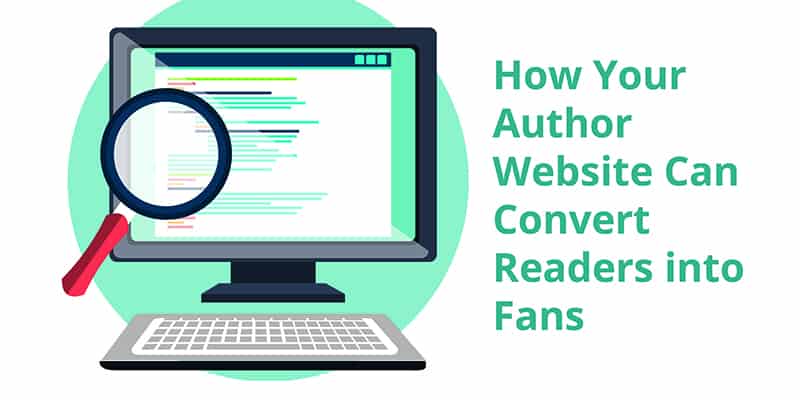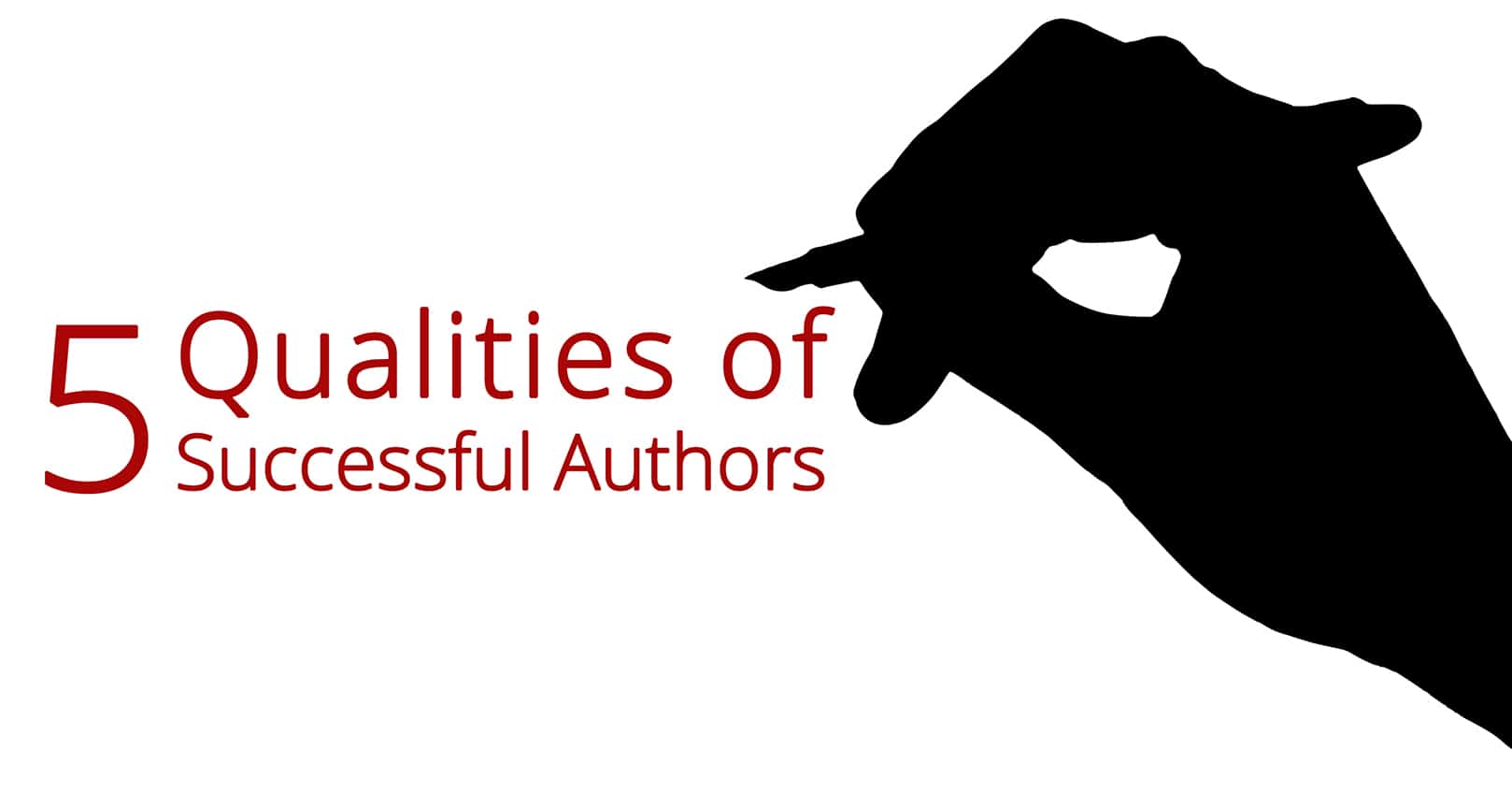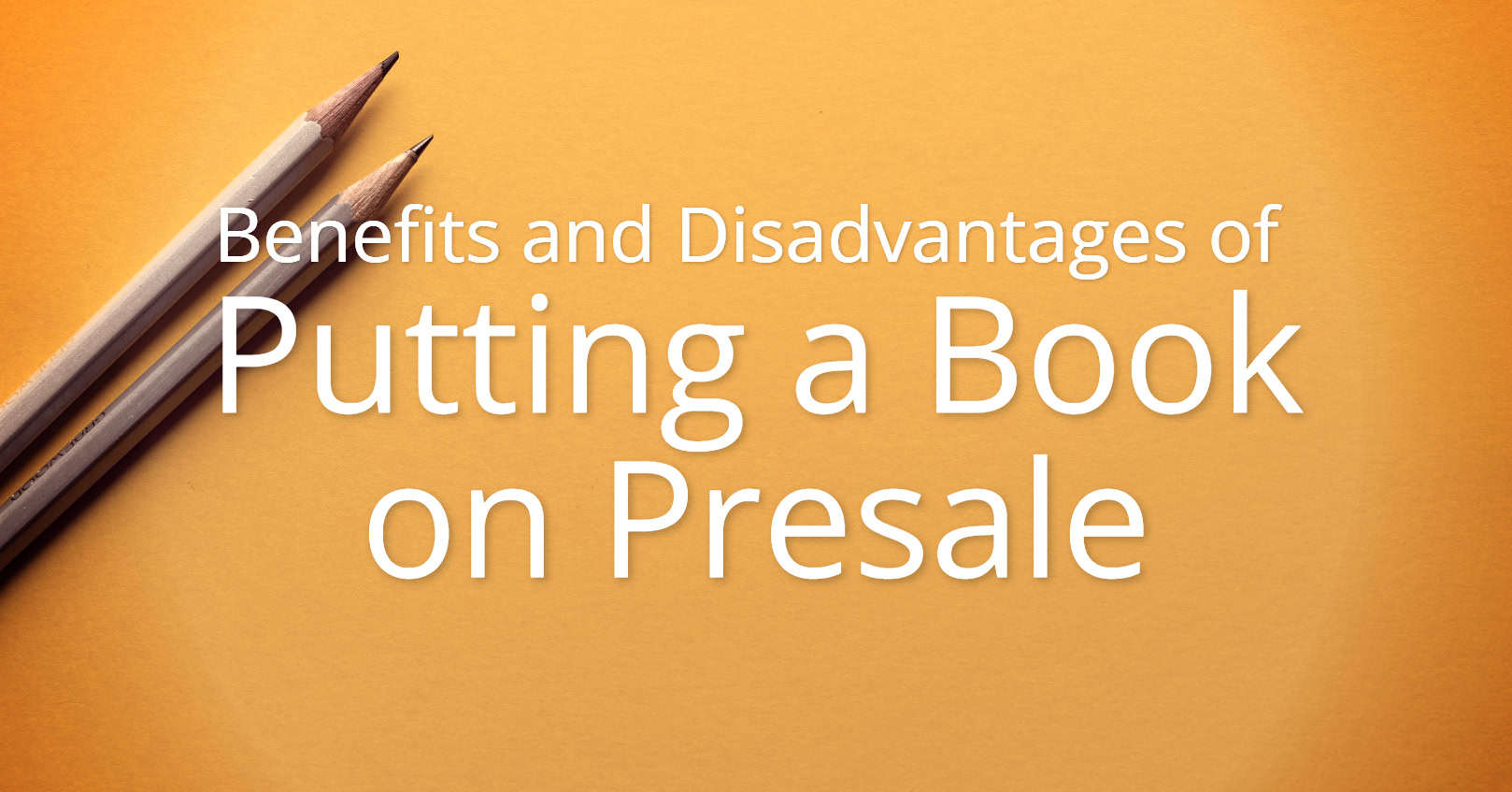
Your author website can be a great way to find—and keep!—readers. Here are some things you can change on your website to convert readers into fans.
Convert readers into fans with an attractive author website
1. Make your homepage attractive to your target audience.
Your home page is probably the first page that potential fans will see, and that first impression is important. If you write romance, you may want to include a banner image that has a romantic feel. If you write fantasy, you want an image with a magical feel. (This look can be carried across all your social media sites as well for additional branding.)
2. Make your site look professional by branding yourself with color.
Choose a main color and one or two accent colors to use on your site and then use it consistently. These colors can be used in the menu bar, on the headings in the text, and on buttons. If you don’t have design experience, you may want to consult with a website designer on colors and how to use them.
3. Format the text on your author website to be readable
Use a font that is readable, and break up big chunks of text into small paragraphs. When possible, use subheadings for those readers who simply want to skim a page to determine their interest in it. This is especially important on your home page: readers don’t want to be confronted by large blocks of text.
4. Use a great author picture
Use an attractive and clear picture on your bio page, and as a part of your branding, make sure that you use the same picture across all your social media sites.
Convert readers into fans with a call to action
5. Include a newsletter signup button on the home page.
Many readers who come to your page to find out more information would love to sign up for your newsletter, but if they don’t see a sign up form right away, they are not likely to go looking for it.
6. Give your readers an incentive for signing up for your newsletter.
Right next to your newsletter sign-up link, let readers know that if they sign up for your newsletter, they can also receive something for free. Usually this free something is one of your books. You can also let them know that by signing up, they’ll be the first to hear about new releases and giveaways.
7. Put your newsletter signup button and information at the bottom of your Books page.
Again, readers aren’t likely to go digging around your site looking for a signup link.
Convert readers into fans by making you and your site accessible
8. Include an easy navigation bar.
There are a few pages that authors must have on their website’s navigation bar: Home, Books, and About Me. Having a Blog page on your navigation bar is a good idea as well, but only if you update it at least monthly. And if you’re sending out newsletters—which you should be doing—you can reuse some of the content from your newsletter on your blog, which makes updating it regularly easier.
9. Include links to your social media pages and share buttons.
There are two important things you need to know about social media icons/links/buttons. First, you want to have social media links on your website so readers can easily choose to follow you. These are usually included as simple icons in the footer or header of your author website.
Second, make sure social media share buttons are prominently displayed so readers can easily share your content on their social media pages.
10. Add links to the books described and pictured on your site
Readers may be interested in buying your book, and will likely do so if there’s a link that can easily take them to a site where the book is sold (Amazon is preferred for readers, but Barnes & Noble and iTunes are big ebook sites too). Readers are much less likely to actually go searching for the book themselves. Make it easy for your readers to buy your books!
11. Make it easy for readers (and others) to contact you.
This can be accomplished with a Contact page that shows up in the navigation bar, or by including your author email in the About Me section. Readers are more likely to keep up with an author who is accessible.
Many times authors are also contacted by people who aren’t readers: bloggers who want to feature their book, organizers of conferences who are looking for speakers, or people who want to place bulk orders—and much more. Making yourself easy to find will help you sell books in the long run.
We hope these tips will help you make your author website more likely to convert readers into fans. If you have any questions or comments, let us know below!















Comments